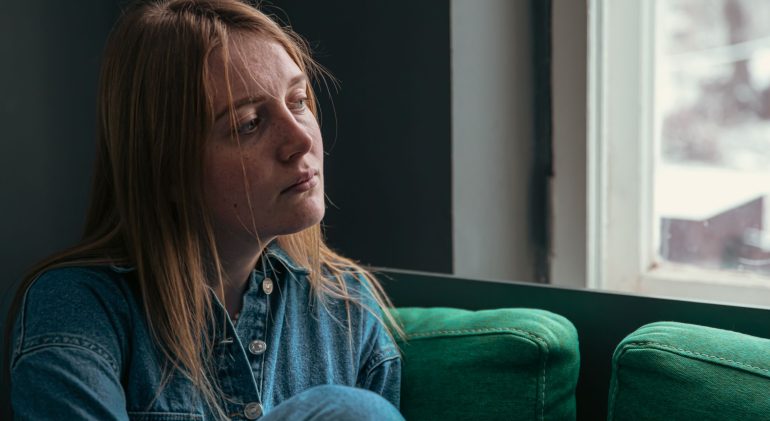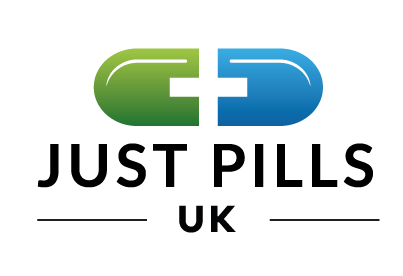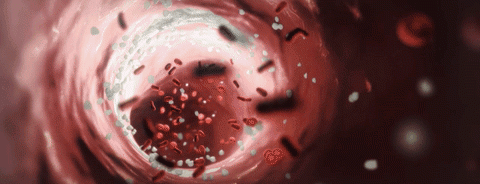
Depression and Anxiety Tattoos
Finding Strength and Healing:
Tattoos for Depression and Anxiety
Introduction:
The idea of using tattoos as a form of personal expression and symbolism has acquired immense popularity in recent years. In addition to their aesthetic allure, tattoos have evolved into a potent means for individuals to express their emotions, experiences, and struggles. Tattoos have had a significant impact in the domain of mental health, particularly in the treatment of depression and anxiety. This blog will examine the world of depression and anxiety tattoos, their meaning, and how they can serve as a source of strength and healing for their bearers.
Depression and anxiety are prevalent mental health disorders that affect millions of people around the globe. They can manifest in a variety of ways, including persistent sadness and hopelessness, acute anxiety, and panic attacks. These conditions impact not only the emotional well-being of individuals, but also their physical health and overall quality of life.
Tattoos have been used as a form of personal expression for centuries, enabling individuals to communicate their values, beliefs, and experiences. Depression and anxiety tattoos provide a visual representation of the struggles and victories associated with these mental health conditions.
Symbolism and Meaning:
Depression and anxiety tattoos frequently employ potent imagery and symbols to convey their message. Semicolons, butterflies, birds in flight, fractured chains, and lotus flowers are examples of common symbols. These symbols represent tenacity, transformation, liberty, and the capacity to surmount adversity.
The Semicolon Tattoo:
The semicolon tattoo is one of the most recognisable symbols associated with mental health. The semicolon indicates a halt in a sentence and that it is not yet complete. In the context of mental health, it signifies that one’s existence is not over and that he or she has chosen to continue fighting despite obstacles. This basic punctuation mark has become an international symbol of hope, unity, and support for those battling depression, anxiety, self-harm, and suicide.
Transformation and Rebirth:
Butterflies and lotus blossoms are frequently used to represent transformation and rebirth in depression and anxiety tattoos. The transformation of butterflies from caterpillars to beautiful winged insects symbolises the process of development and change. Similarly, the lotus blossom, which emerges from murky water and blooms in full splendour, represents strength, resilience, and the capacity to find beauty in adversity.
Empowerment and Breaking Chains:
Depression and anxiety tattoos also depict broken chains and fractured barriers. These symbols represent liberation, the emancipation from mental illness’s constraints. They remind people that they have the ability to overcome obstacles, take charge of their lives, and embrace their authentic selves.
Depression and anxiety tattoos serve as potent reminders for individuals enduring these mental health challenges. They serve as a constant visual reminder of a person’s fortitude, resiliency, and healing journey. During difficult times, these tattoos can serve as sources of solace, encouragement, and motivation, serving as a reminder that they are not alone in their struggles.
Depression and anxiety tattoos play an important role in promoting awareness and reducing the stigma associated with mental illness. By publicly displaying these tattoos, individuals create opportunities to educate others about the realities of living with melancholy and anxiety. This, in turn, promotes empathy, understanding, and community support.
Depression and anxiety tattoos are significantly more than mere skin art. They represent the triumph of the human spirit over adversity and serve as a physical reminder of courage, resiliency, and hope. These tattoos serve as beacons of support, providing solace. And understanding to those who bore them and promoting open dialogue about mental health. By embracing the power of tattoos, individuals are reclaiming their narratives, raising awareness, and inspiring others to find their own unique forms of healing.



